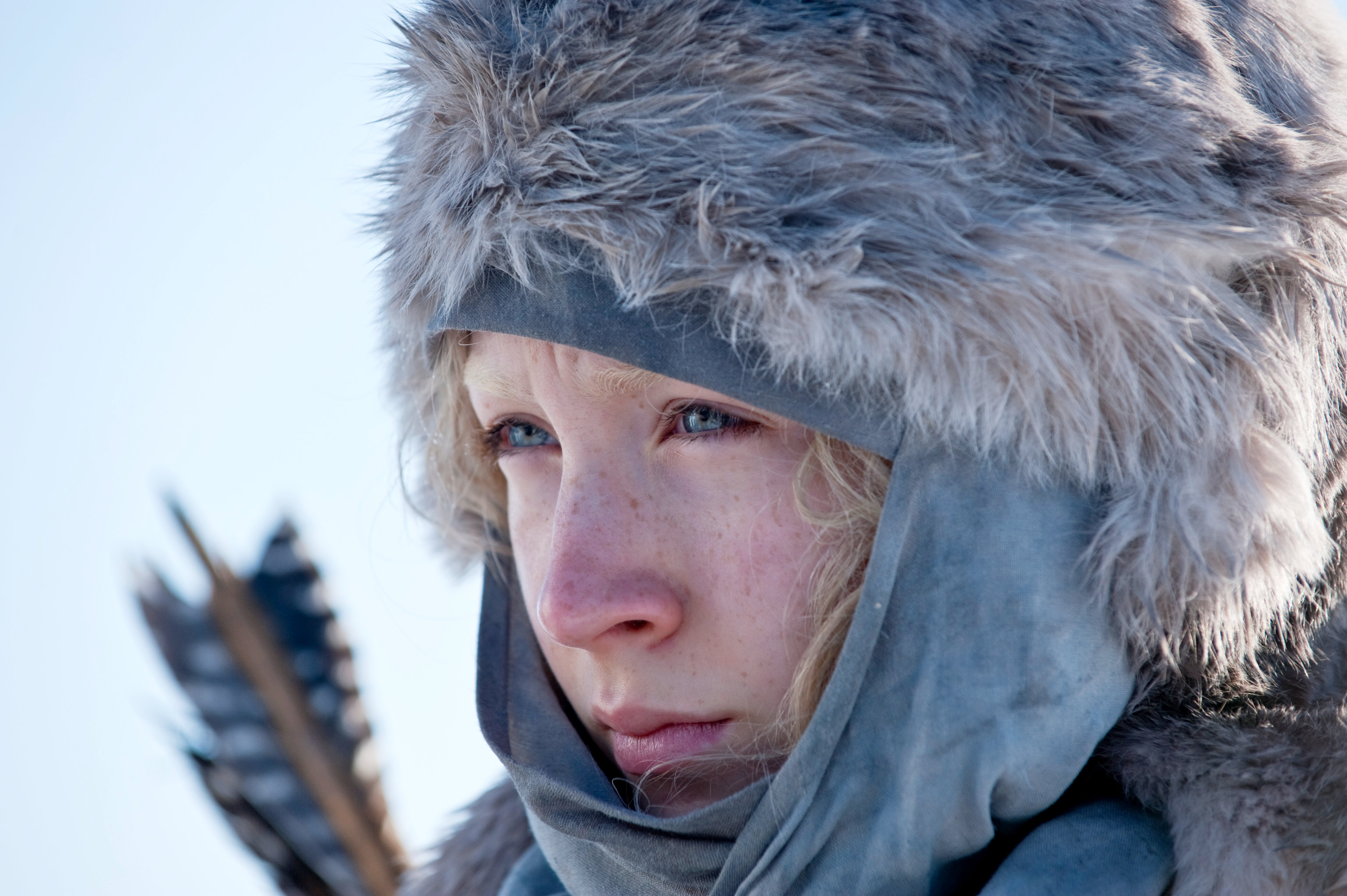 |
| Focus Features |
Right off the bat there's going to be one thing that divides the audience on 'Hanna', the new action/thriller from director Joe Wright ('Pride & Prejudice', 'Atonement'): how smart of a thriller are you expecting? What even makes a thriller 'smart'? When I think of a 'smart' thriller the first movie that pops into my mind is 'Memento.' 'Memento' is complex and confusing from the beginning, and slowly pieces fall into place and start to make sense. Not to mention the intensity is kept at a fairly good rate throughout the entire film. So, what approach does 'Hanna' take to building/maintaining intensity and establishing the mysterious/complex aspect that is often (if not always) part of 'action thrillers'?
'Hanna' is set up as a sort of chase scenario from the beginning. Once young Hanna (Saoirse Ronan) decides she has received enough training from her father (Eric Bana) and is 'ready' she sets off a beacon that alerts Marissa Viegler (Cate Blanchett), a CIA agent, to the duo's location in the middle of the woods somewhere. Right away, the focus of the film is on why was Erik Heller (Bana) training his daughter to kill Marissa and why does she, in turn, want to kill the two of them? What's more, there's obviously something different about Hanna. Mainly that she's a highly skilled killer who is a CHILD.








